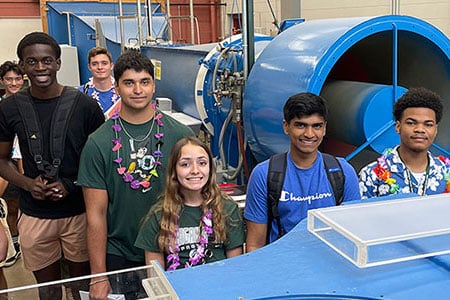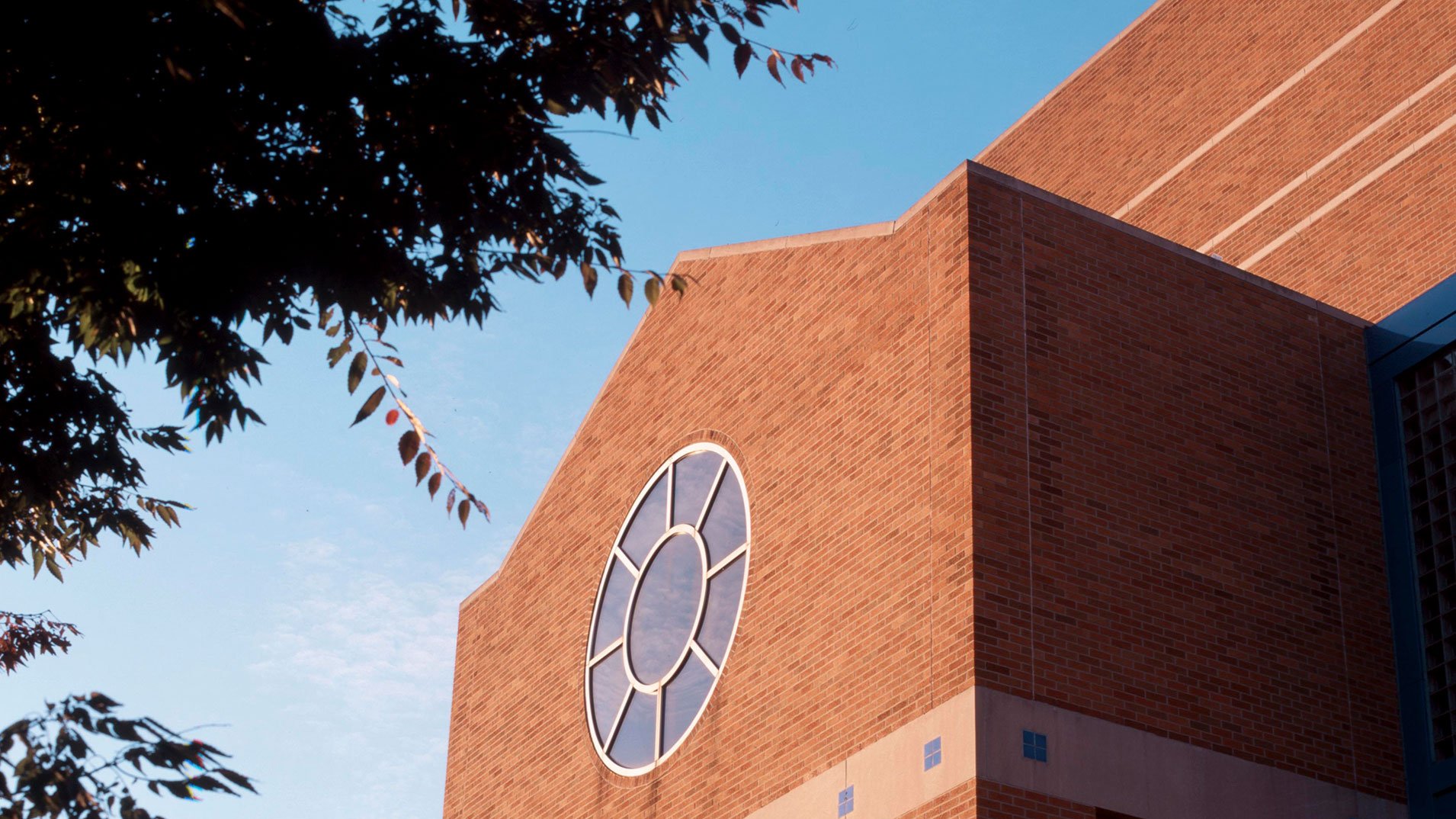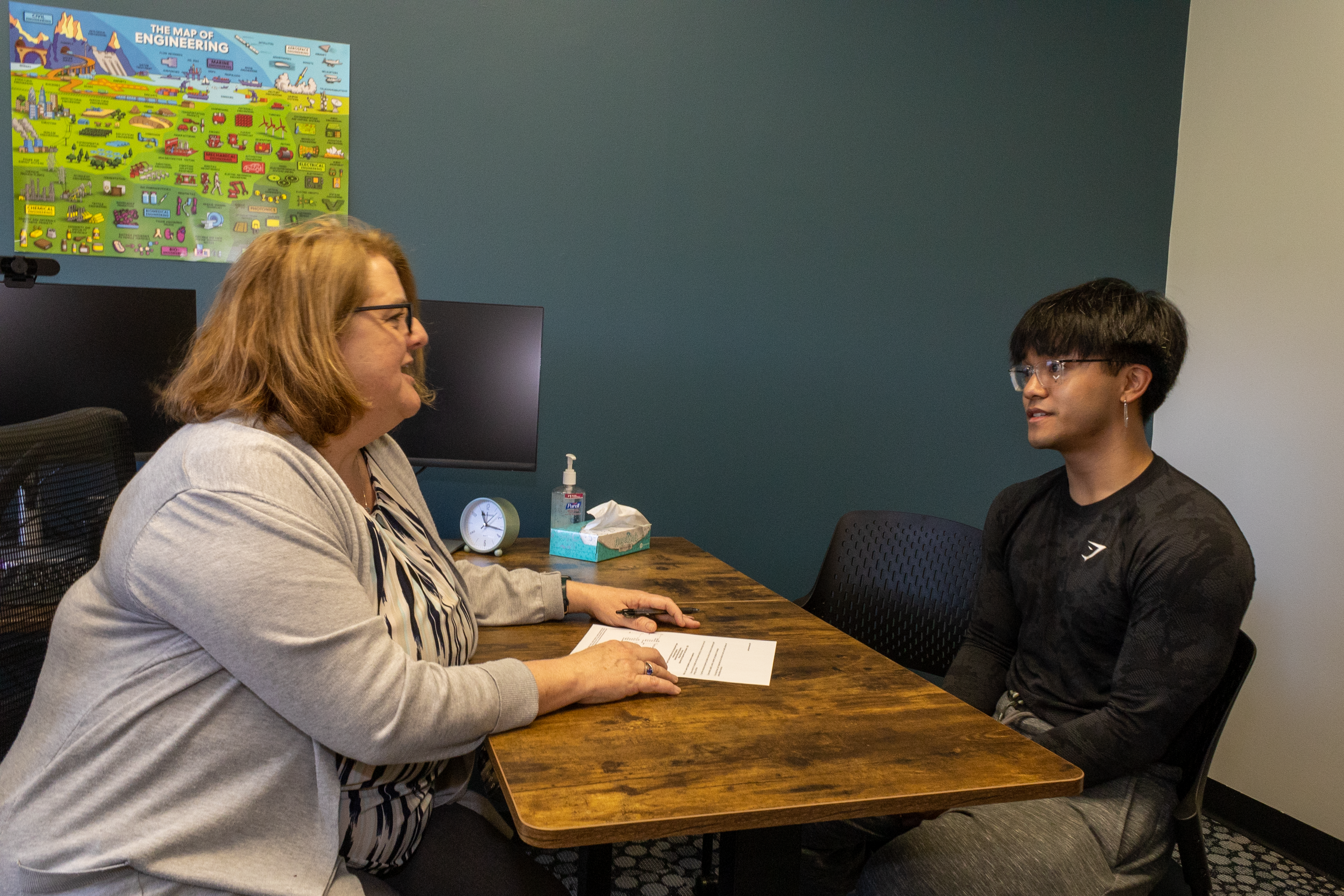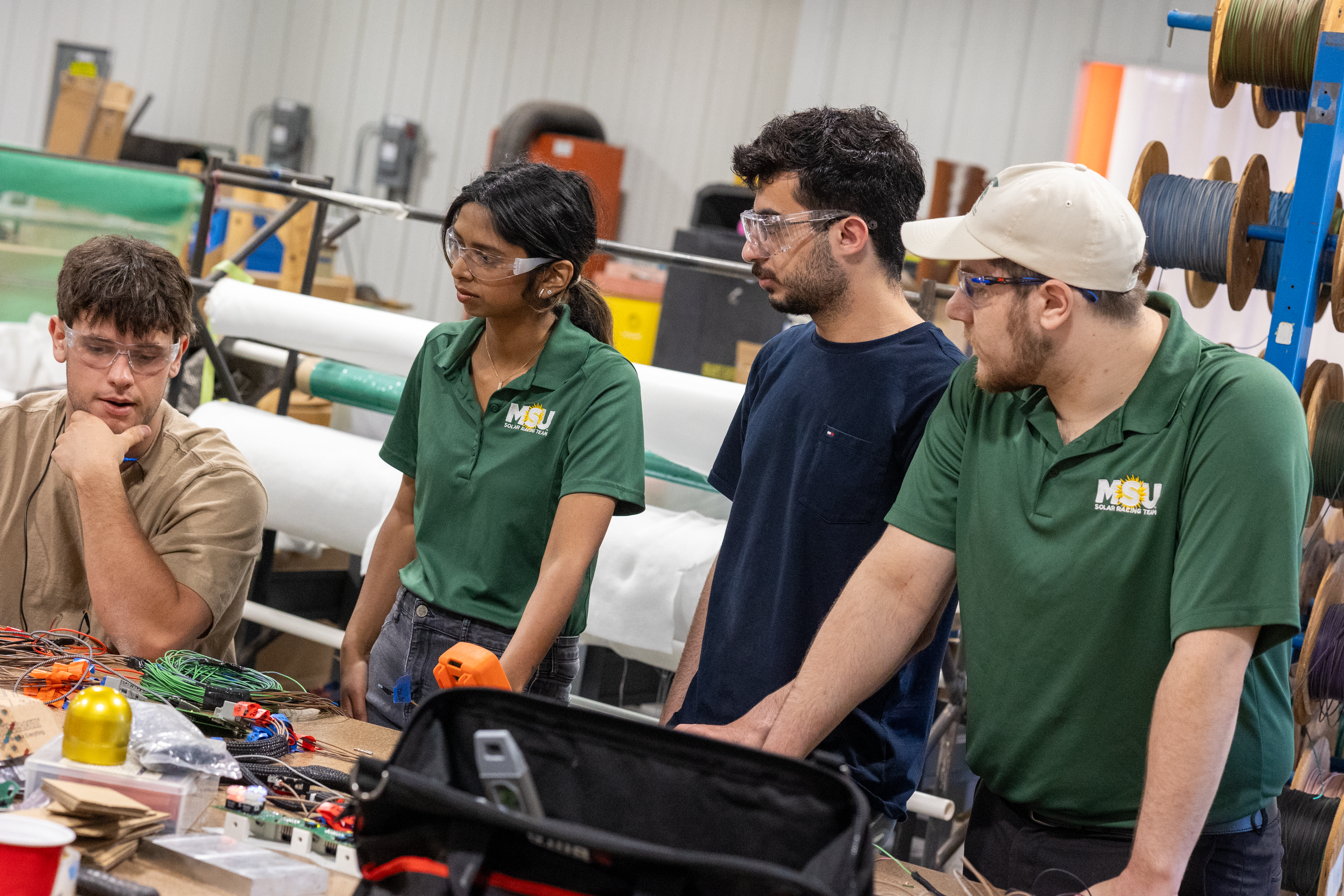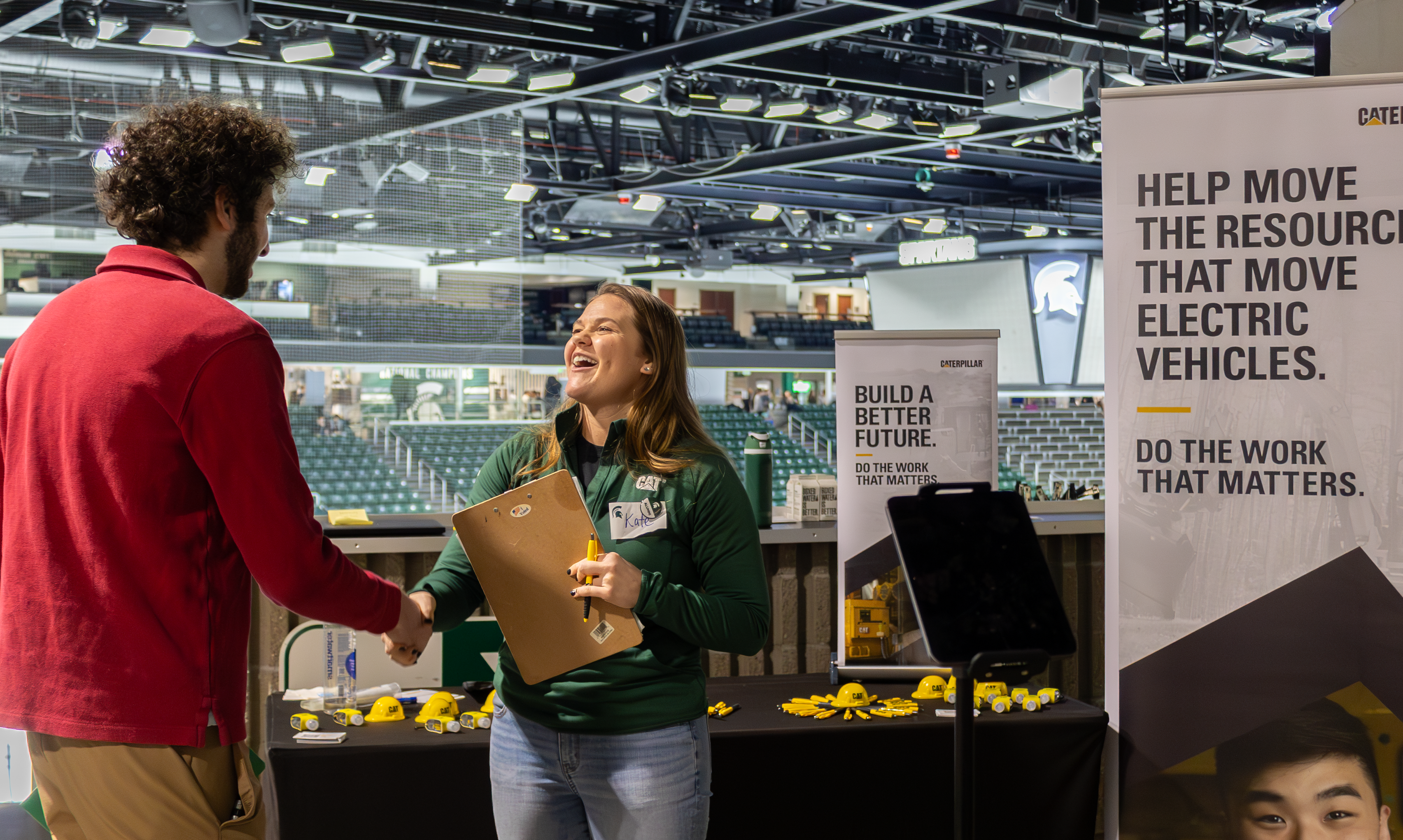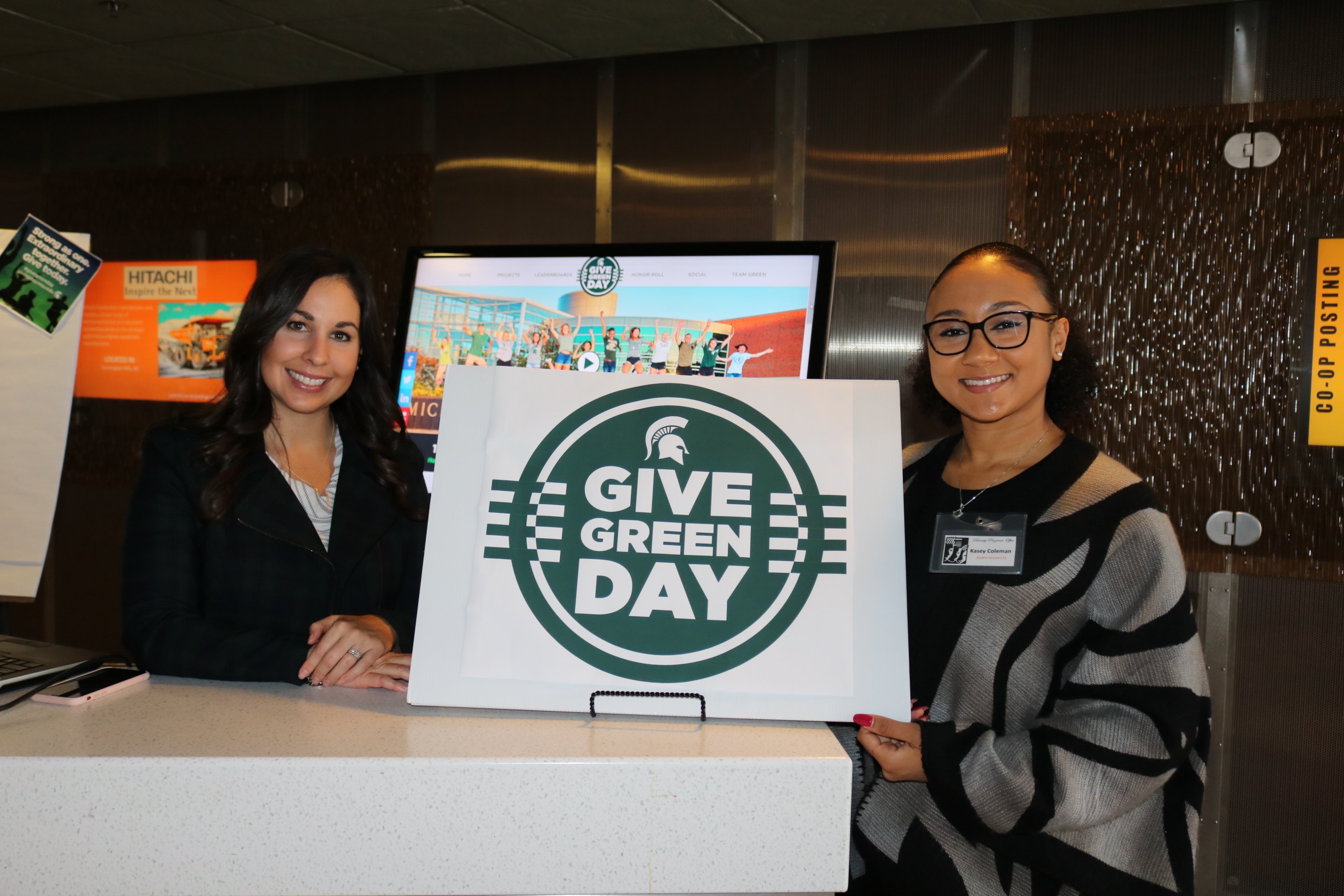In Mangalali, a rural village in the Iringa region of Tanzania, access to clean, safe water is a major concern due to limited resources and inadequate sanitation. Engineers Without Borders Michigan State University chapter (EWB MSU), a registered student organization, is working with the community to create a reliable, sustainable solution to provide drinking water for about 900 households.
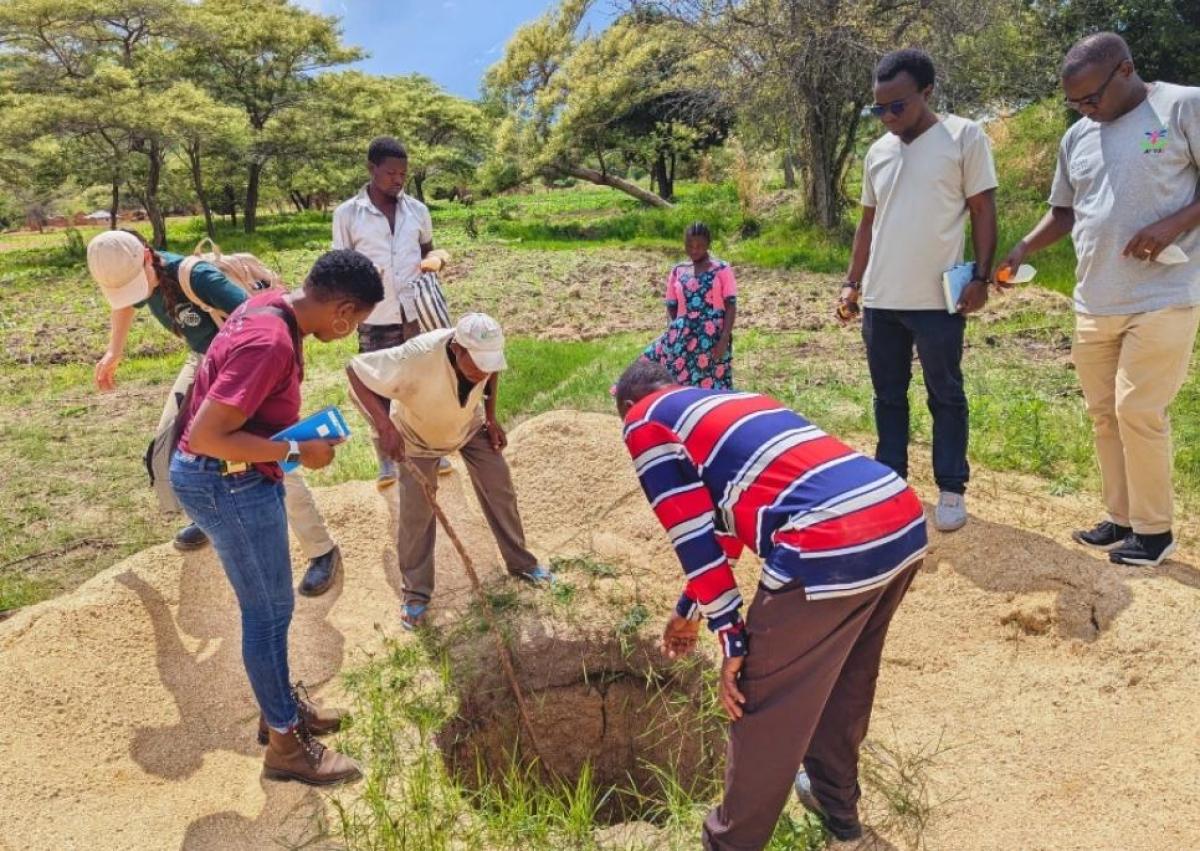
“Water is crucial to the survival and success of a community in many complex ways,” said Dominic Lee, a third-year biosystems engineering major and student member of EWB MSU. “Beyond its human consumption, it is critical to public health for washing hands, waste treatment, and official health centers.”
The project grew out of a chance meeting between EWB MSU faculty advisor Susan Masten, professor in the Department of Civil and Environmental Engineering in the College of Engineering, and Suzan Yumbe, executive director of AfyaPlus Tanzania, a nongovernmental organization that specializes in water, sanitation and hygiene (WASH). At the time, AfyaPlus was working with the Mangalali Village and a series of conversations led to a proposal for sanitation improvement. After the proposal was submitted to Engineers Without Borders USA, EWB MSU accepted the project with enthusiasm.
A delegation of six was sent to Tanzania in December 2024, including:
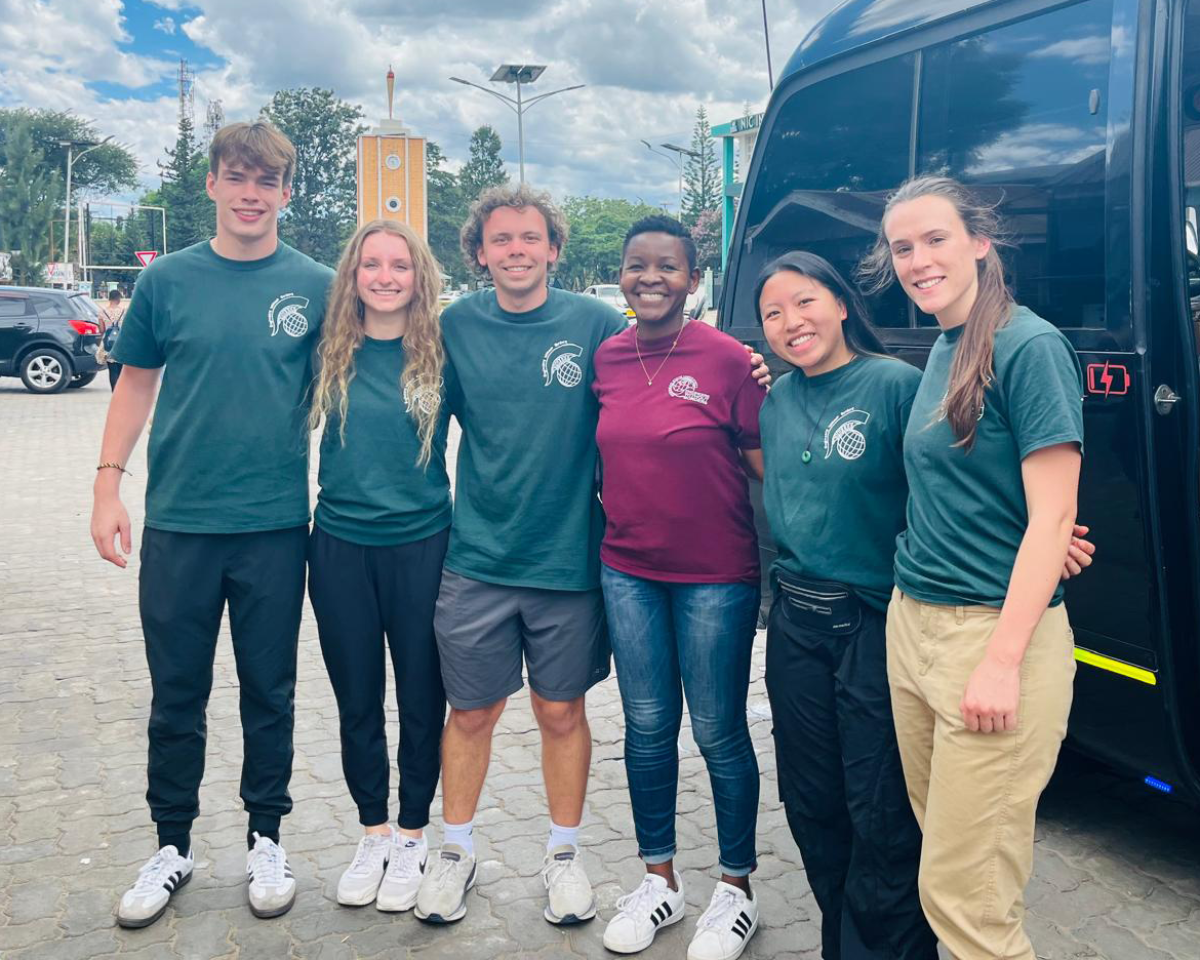
EWB MSU student members
- Juliet Brody, civil engineering major
- Katie Grundel, biosystems engineering major
- Dominic Lee, biosystems engineering major
- Lucas Lothschutz, mechanical engineering major
EWB MSU advisors
- Madeline Robison, ‘22 bachelor and master’s in environmental engineering, EWB MSU advisory board member, and Black & Veatch project engineer
- Tula Ngasala, ‘19 Ph.D. in civil and environmental engineering, adjunct faculty in the Department of Civil and Environmental Engineering, and Spicer Group project engineer
The primary purpose of the assessment trip was to learn more about the water crisis facing the community. This meant surveying households to gather data on water collection and consumption, interviewing individuals, hearing from school, health, and water officials, and collecting hundreds of water samples.
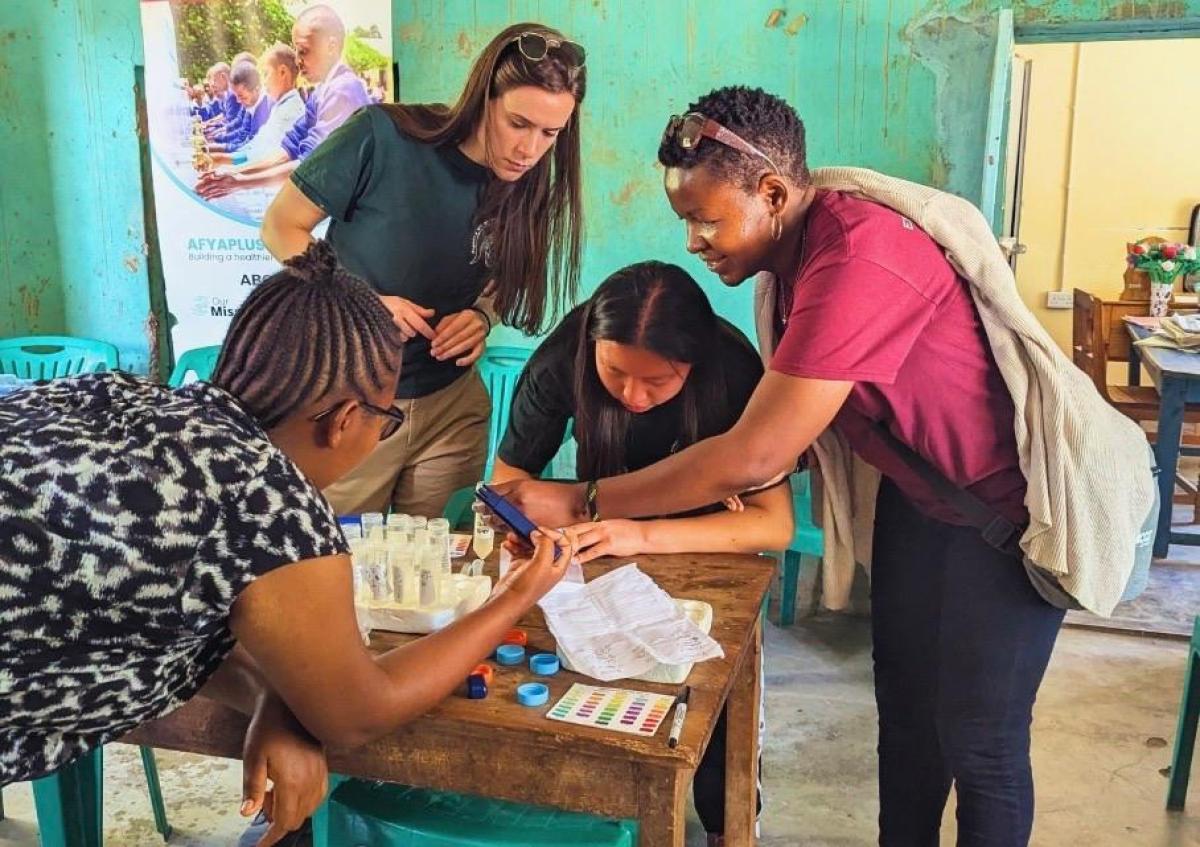
“Traveling to the community allowed us to understand the intensity of the issues facing Mangalali,” said Lee. “Rather than just hearing about the time spent collecting water or the increase in infections and disease from contaminated water, we met the people and felt their story,” said Lee.
Another key partner in this project is Ruaha Catholic University, a private university located in the Iringa region of Tanzania, which provided lab space for testing and a group of master’s students who worked alongside EWB MSU.
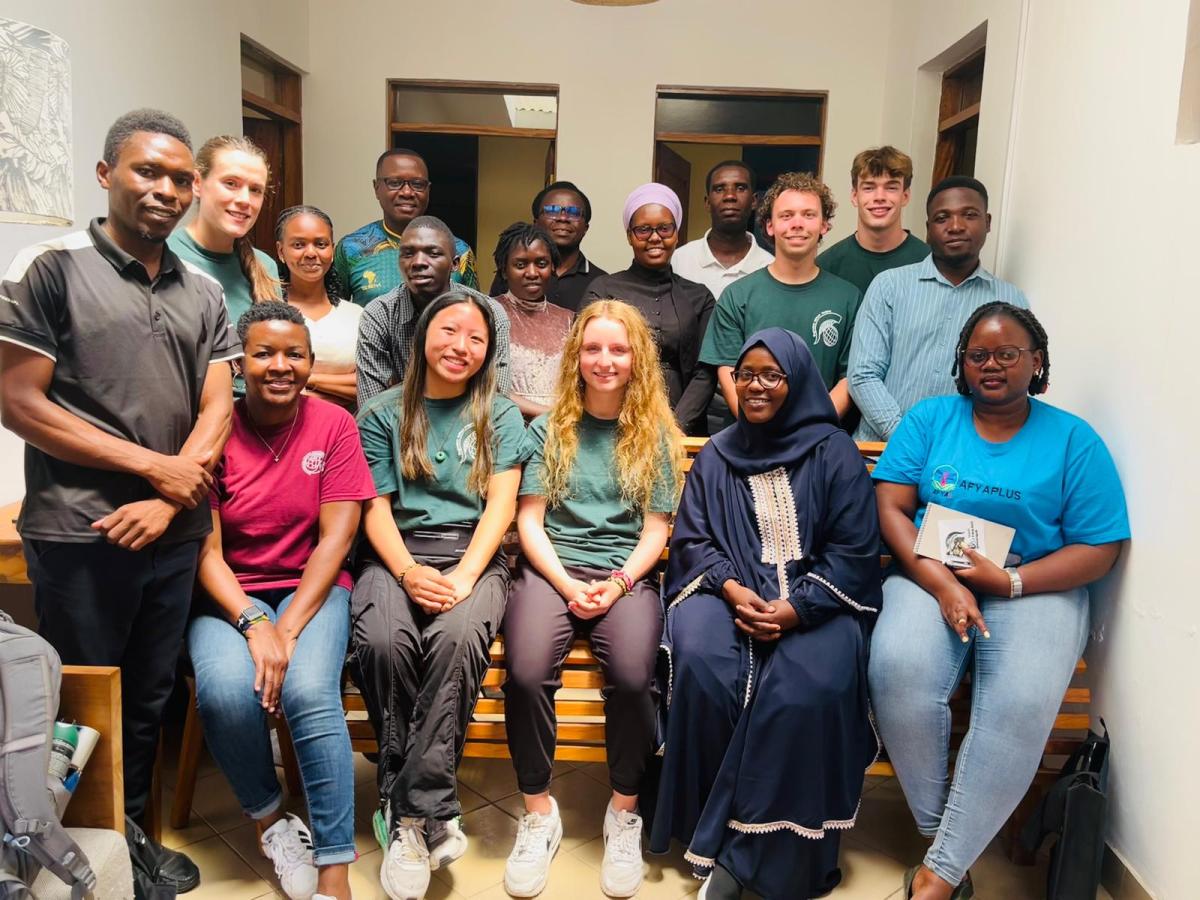
“Their knowledge and leadership were paramount to the success of our trip,” said Lee. “They helped us understand the importance of sanitation and waste disposal, as well as observe things that a Tanzanian might catch, but an American wouldn’t.”
Once they returned to East Lansing, EWB MSU completed an alternatives analysis to determine the best solution for the project: a deep bore well to access aquifers – underground bodies of water – that do not deplete during the dry season.
“We are now creating a detailed design of the deep bore well in collaboration with our advisors, Tanzanian contractors and suppliers, and the (EWB) national organization. We are confident it will serve the community for years to come.”
To begin the implementation phase of the project, Lee said EWB-MSU is fundraising to cover the costs of design and travel, enhancing the group’s ability to take next steps.
“It's life changing for students to actually work on a real project outside the US, where it's a completely different culture,” said Tula Ngasala. “It just expands their knowledge, and they get to do it before they even graduate.”
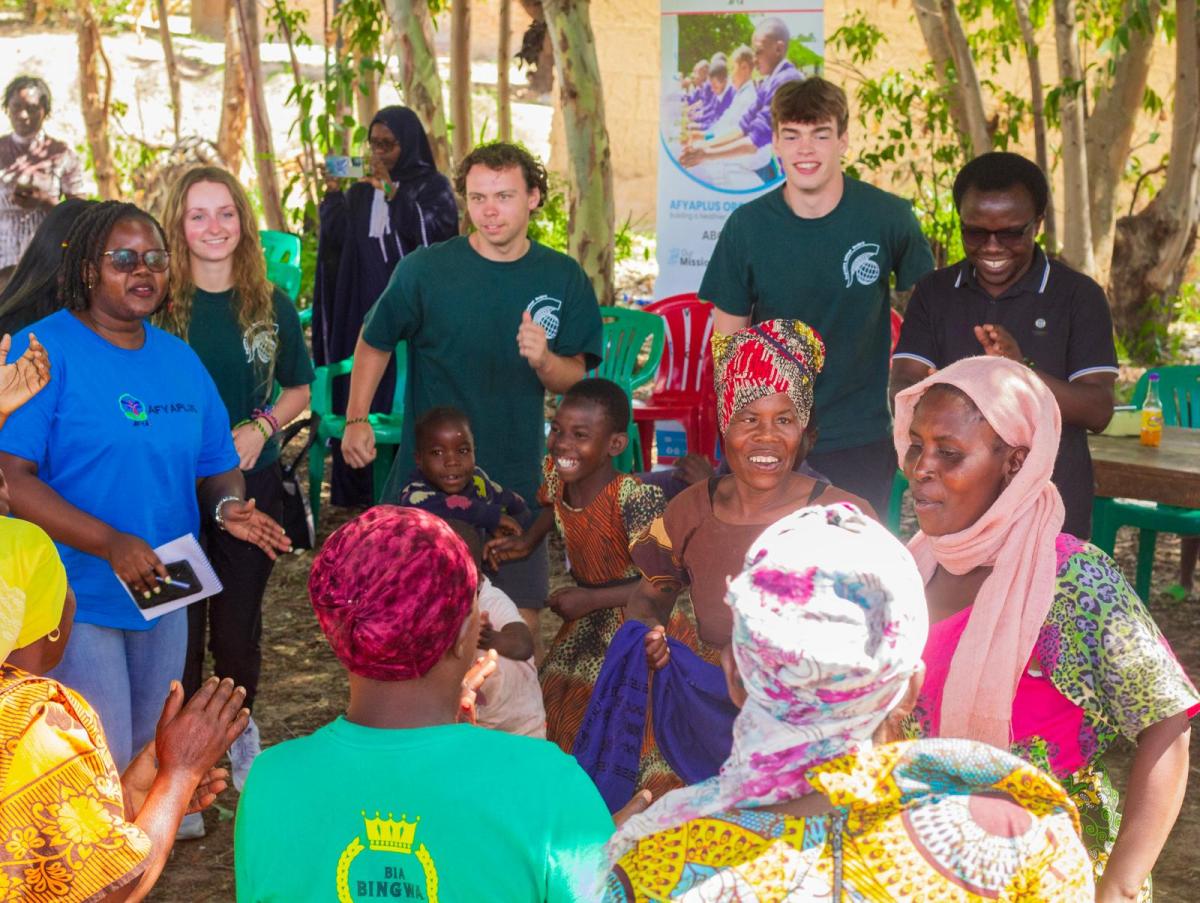
When asked about the personal impact of this project Lee said, “It has shown me what it means to be an engineer and work to solve fundamental, human rights issues. There is no data or statistic that can replace the impact human connection has.”
To learn more, visit the EWB-MSU website.
Written by Judi Melena Smelser and Mckenzie Schrah, a student writer in the Marketing Communications office of the College of Engineering.
MSU College of Engineering Media and Public Relations page
